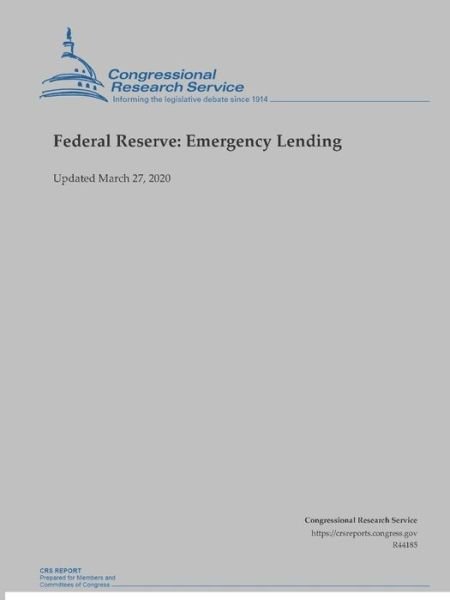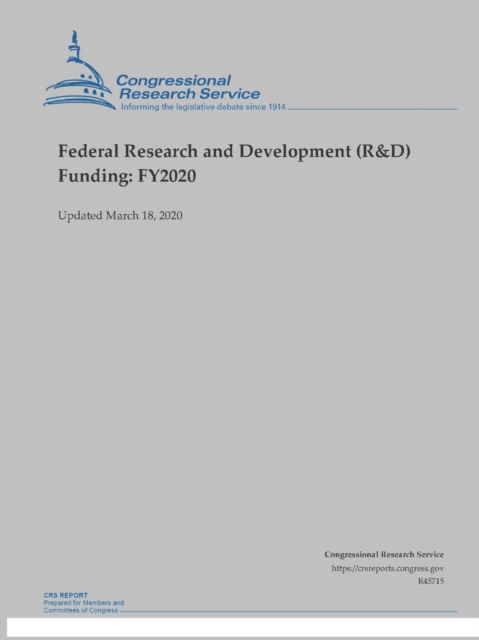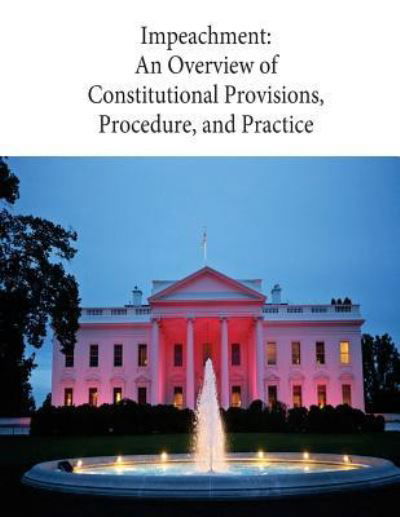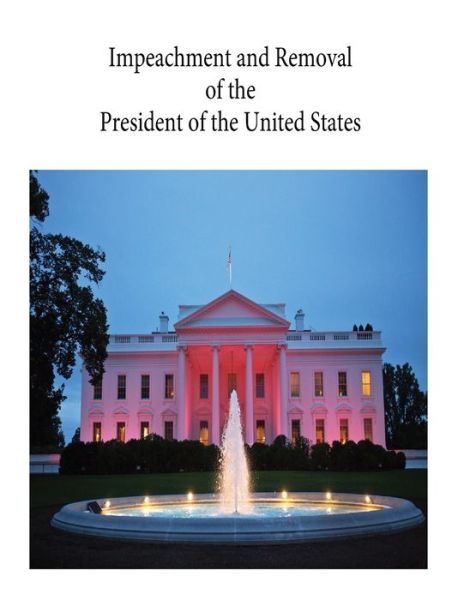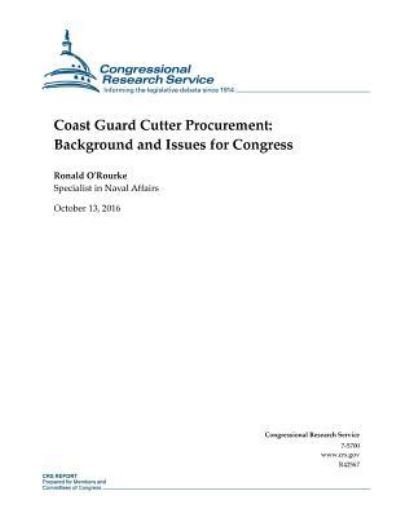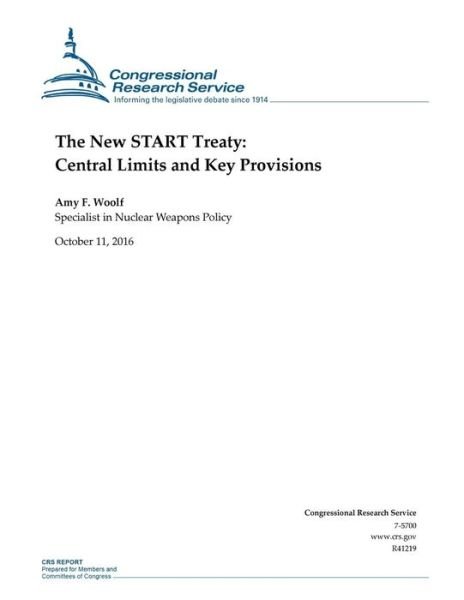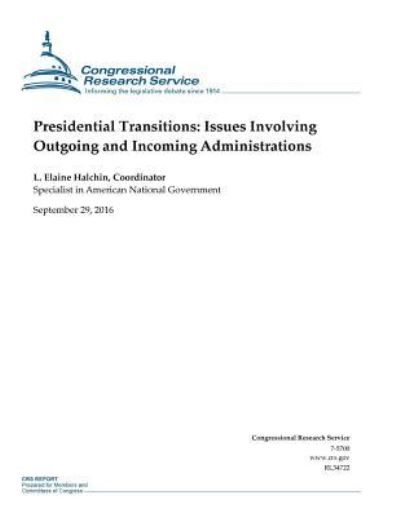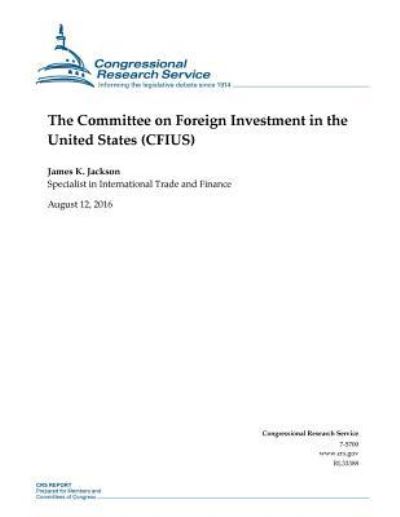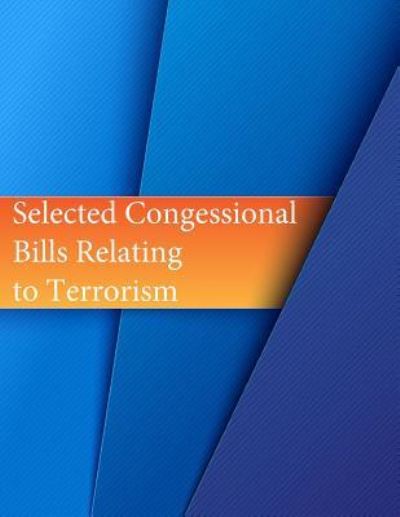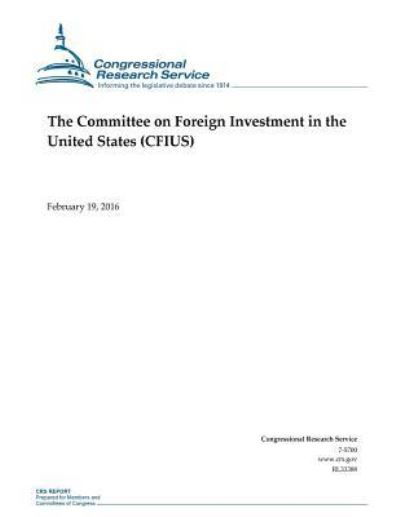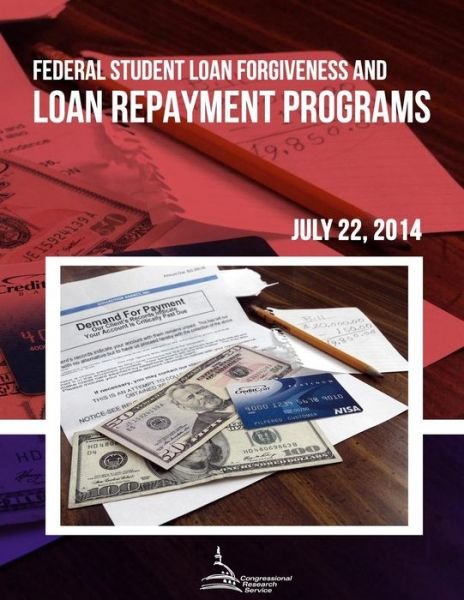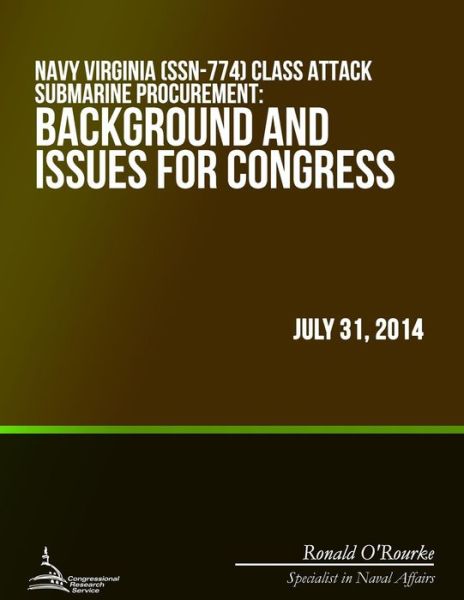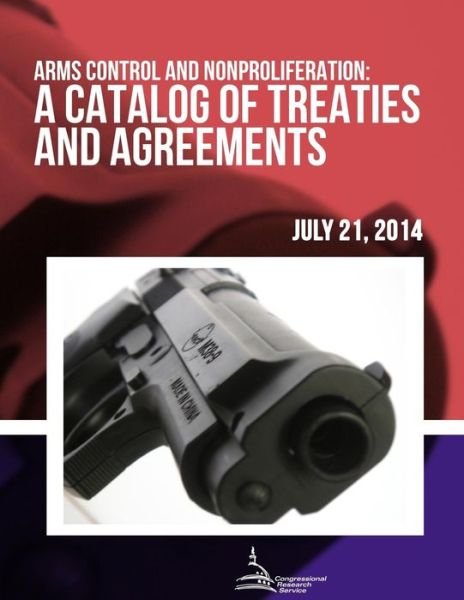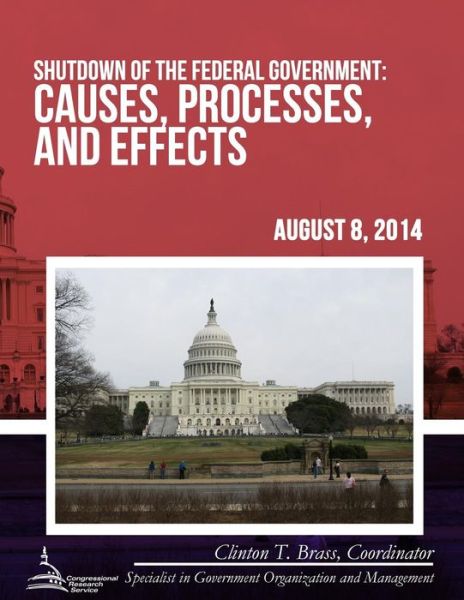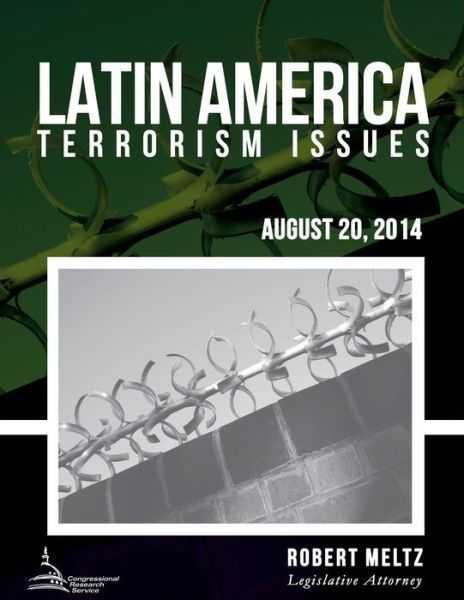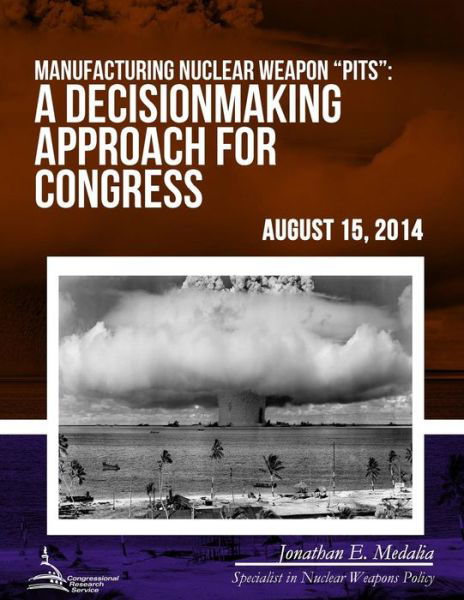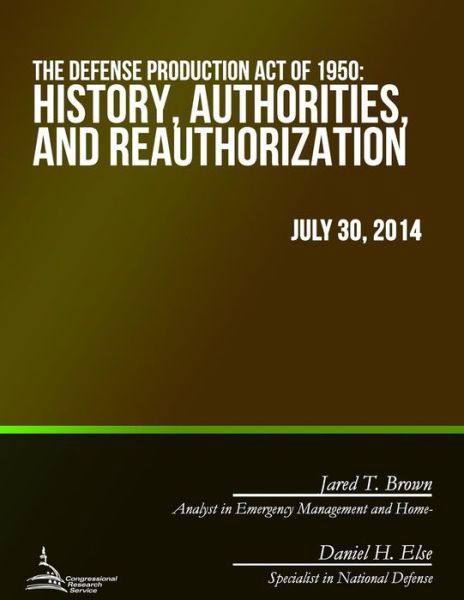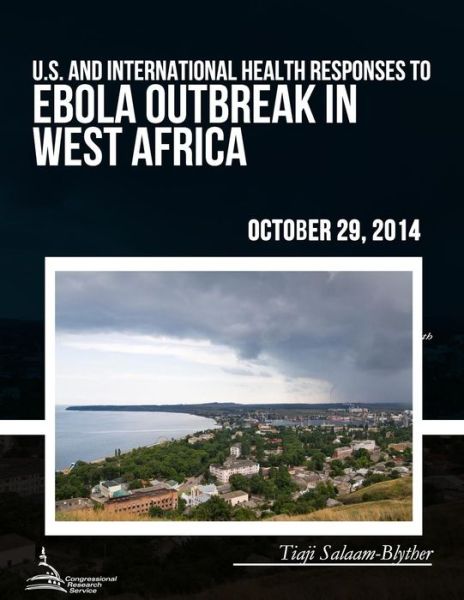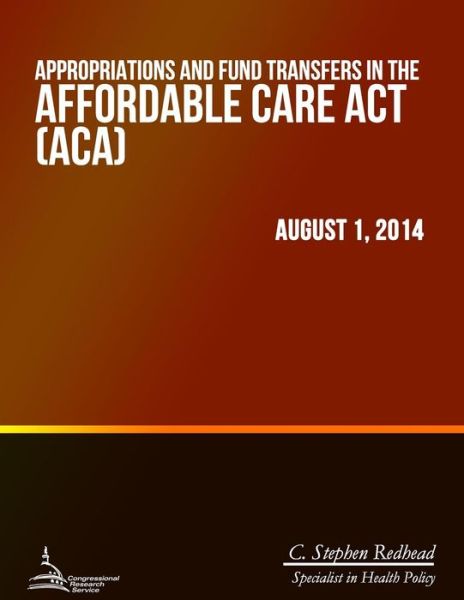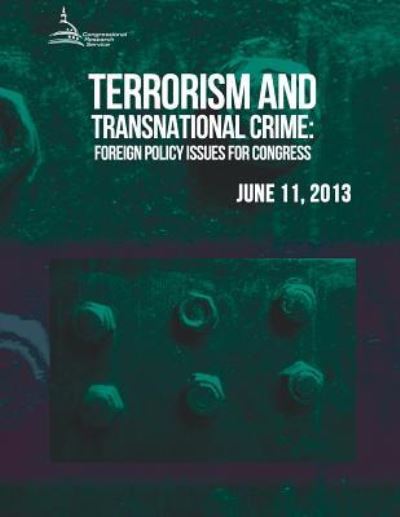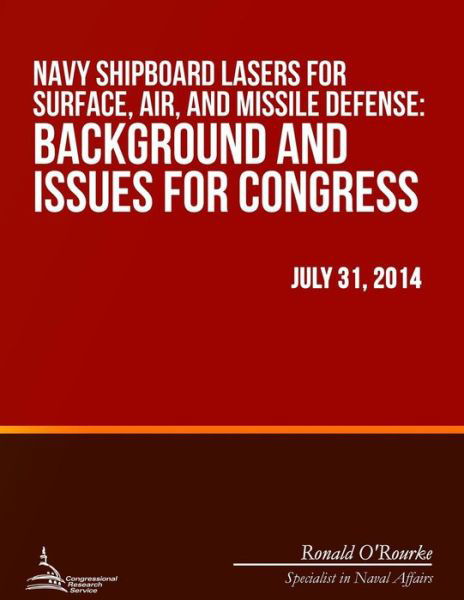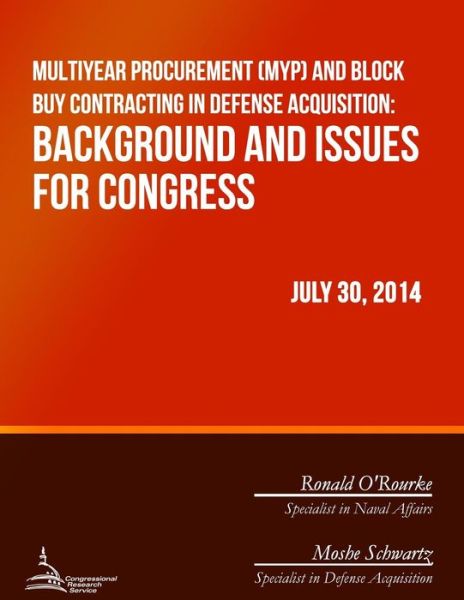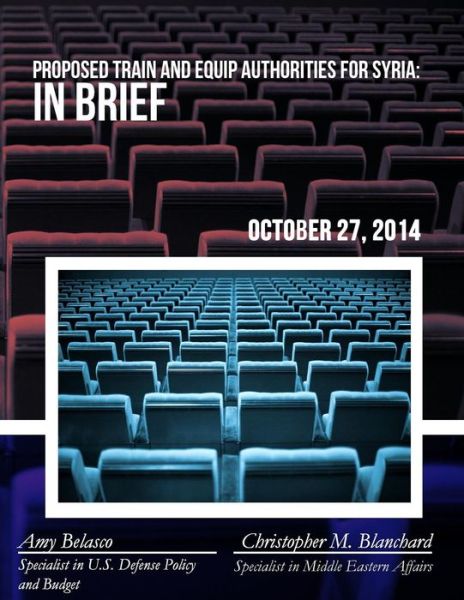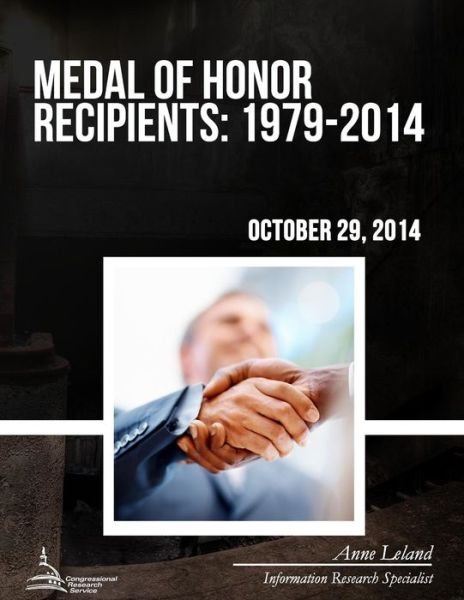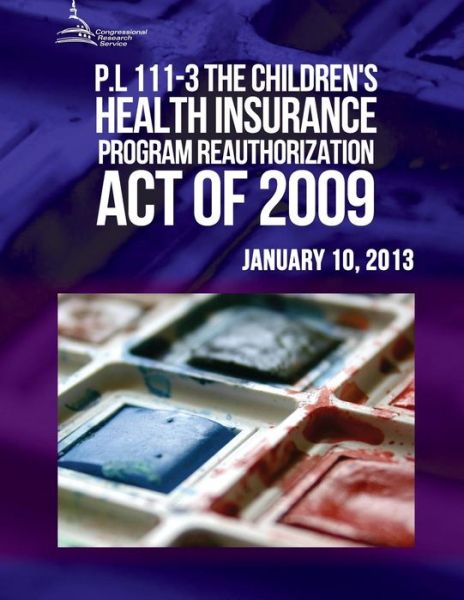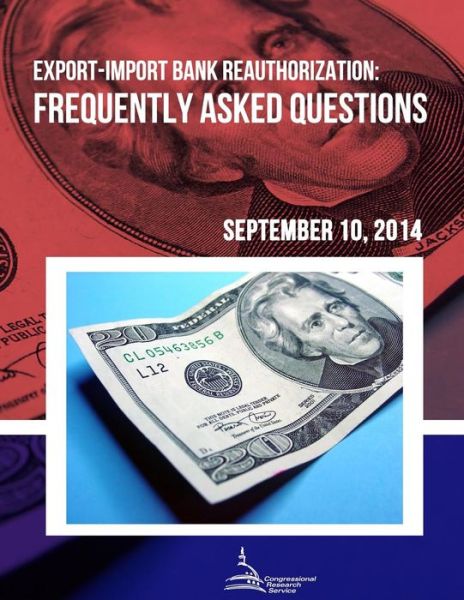
Tell your friends about this item:
Libya
Congressional Research Service
Libya
Congressional Research Service
Libya's political transition has been disrupted by armed non-state groups and threatened by the indecision and infighting of interim leaders. After Muammarl Qadhafi's ouster in 2011, interim authorities proved unable to form a stable government or address pressing issues. Elections for legislative bodies and a constitutional drafting assembly held in 2012 and 2014 were administered transparently, but were marred by declining rates of participation, threats to candidates and voters, and zero-sum political competition. Insecurity became prevalent in Libya following the 2011 conflict and deepened in 2014, driven by overlapping ideological, personal, financial, and transnational rivalries. Issues of dispute have included governance, military command, national finances, and control of oil infrastructure. At present, armed militia groups and locally organized political leaders remain the most powerful arbiters of public affairs. An atmosphere of persistent lawlessness has enabled militias, criminals, and Islamist terrorist groups to operate with impunity, further endangering civilians' rights and safety. U. S. Africa Command (AFRICOM) emphasizes the importance of a political solution for stability, and in March 2018, told Congress that, in light of prevailing turmoil, "the risk of a full-scale civil war remains real." U. S. officials and other international actors have worked since 2014 to convince Libyan factions and their various external supporters that inclusive, representative government and negotiation are preferable to competing attempts to achieve dominance through force of arms. The U. N. Security Council has authorized financial and travel sanctions on individuals and entities responsible for threatening "the peace, stability or security of Libya," obstructing or undermining "the successful completion of its political transition," or supporting others who do so. A U. N. arms embargo is in place, and U. S. executive orders provide for sanctions on figures that undermine the transition. In December 2015, some Libyan leaders endorsed a U. N.-brokered political agreement to create a Government of National Accord (GNA) to oversee the completion of the transition. GNA Prime Minister-designate Fayez al Sarraj and members of a GNA Presidency Council have attempted to implement the agreement and have competed for influence with political figures and armed forces based in eastern Libya, including Field Marshal Khalifa Haftar's "Libyan National Army" (LNA) movement. A U. N.-sponsored Action Plan launched in 2017 seeks to complete Libya's transition during the coming year, and Libyans and outsiders are debating terms for its implementation. Previous mediation efforts struggled to gain traction, and outsiders have at times pursued their own agendas through ties with Libyan factions. Such competition by proxy raises the stakes of Libya's internal rivalries and complicates negotiations. The State Department suspended operations at the U. S. Embassy in Tripoli in July 2014. U. S. diplomats engage with Libyans and monitor U. S. programs in Libya via the Libya External Office (LEO) at the U. S. Embassy in Tunisia. Periodic U. S. military strikes target IS members and other terrorists. U. S. officials judge that the threats posed by IS members and Al Qaeda have been degraded, but note that these groups remain dangerous and could resurge if conditions deteriorate. Congress has conditionally appropriated funding for limited U. S. transition support and security assistance programs for Libya since 2011 and is reviewing the Trump Administration's FY2019 requests for assistance funds. In 2017, the Administration imposed conditional restrictions on the entry of Libyan nationals to the United States, with some exceptions. Political consensus among Libyans remains elusive, and security conditions may create lasting challenges for the return to Libya of U. S. diplomats and the full development of bilateral relations.
| Media | Books Paperback Book (Book with soft cover and glued back) |
| Released | June 1, 2018 |
| ISBN13 | 9781720600817 |
| Publishers | Createspace Independent Publishing Platf |
| Pages | 46 |
| Dimensions | 216 × 279 × 3 mm · 131 g |
| Language | English |
More by Congressional Research Service
See all of Congressional Research Service ( e.g. Paperback Book and Book )

 Christmas presents can be returned until 31 January
Christmas presents can be returned until 31 January


